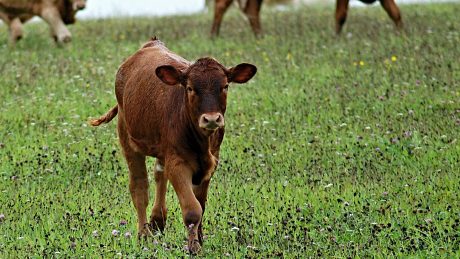
White fluffy dogs – like the Maltese Terrier in the photo above – are desirable pets. Many are bred by reputable breeders but sadly, an increasing number of cynical money making people are capitalising on the dogs’ appeal by breeding them in farm-like conditions.
Sceptics may ask: “what’s wrong with a puppy farming?” Why shouldn’t people with space and sheds use their facilities to mass produce dogs? If there is a market, as long as the pups are healthy, why not?”
Many people believe that puppy farming is always wrong, even when done in compliance with the law.
The answer to this is that dogs are very different to other farm animals. They need to be well socialised during a narrow time period between three and twelve weeks of age, when they need to be introduced to a variety of people, situations and other animals. If this does not happen (and on puppy farms, it’s hard to make this happen), there can be permanent issues for those pups when they grow up, including anxiety and aggression.
Of course, it is possible to mass produce puppies in a way that still allows them to grow up as well balanced, healthy individuals, but it is not easy. And that’s the point.
what can be done to stop puppy farming?
The market for puppies is controlled by the puppy-buying public, as well as by legislation
The quickest way to stop puppy farmers would be for the public to stop buying their puppies.
How to spot a puppy-farmed animal
There are some clear clues that a pup is likely to be from a puppy farm:
- If you are being pressured to come and look at/buy a puppy within the next day. Responsible breeders prefer to meet prospective new owners several times before letting one of their pups go to a new home.
- If the seller can offer you multiple breeds and dog types: this is a classic sign of a puppy farmer.
- If the seller refuses to allow you to the mother, and preferably the father of the pups. Watch out for the common excuses, like “she has gone for a walk” or “she died during whelping”.
- If you are asked to meet a breeder in a lay-by, or if a breeder offers to deliver the puppy to your house, don’t buy. You should always travel to the home of the breeder so that you can see for yourself.
To listen to this week’s podcast on this topic, follow the link below




1 Comment
puppy farmers should get a prison sentence, that would surely stop them.
Please note that I am unable to answer veterinary questions in comments. If you have questions or concerns about your pet's health it is always better to contact your vet.